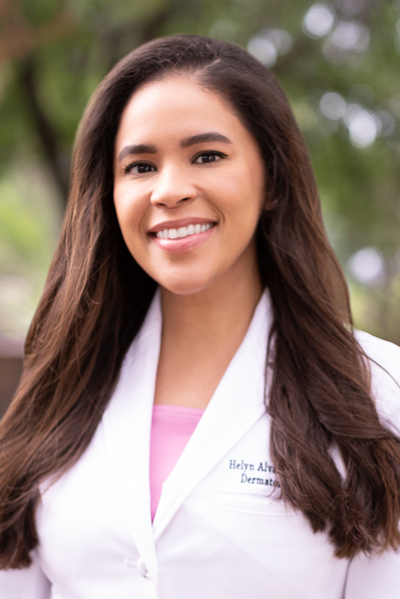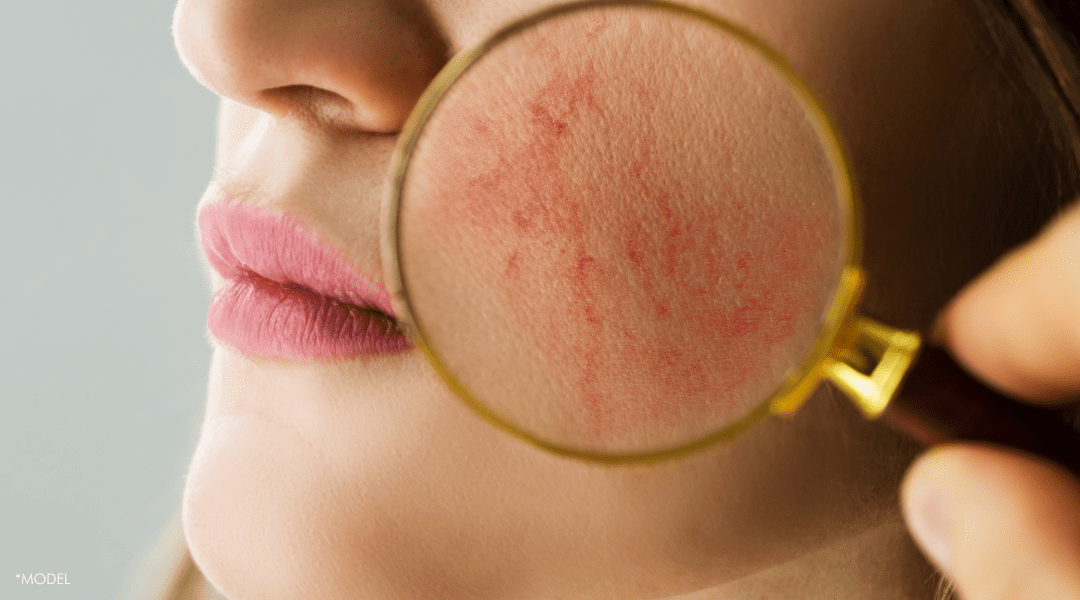Rosacea is an inflammatory skin condition that is said to be triggered by various factors, such as genetics, sun exposure, alcohol, spicy food, and stress. Although it is not life-threatening, it can be very annoying and can have negative effects on a person's self-esteem and confidence. While there is no known cure for rosacea, there are many effective treatment options available that can alleviate its symptoms and prevent it from getting worse. In this blog post, we will take an in-depth look at rosacea, from what it is to who is most affected by it and how we can get rid of it.
What is Rosacea?
Rosacea is characterized by redness, inflammation, and flushing of the skin, which usually affects the face, neck, chest, and eyes. It can also cause visible blood vessels, papules, and pustules, which can be mistaken for acne. In severe cases, rosacea can lead to thickening of the skin and the development of bumps on the nose, a condition known as rhinophyma. Rosacea typically affects Caucasian women aged 30 to 60, but men can also develop it, especially those with fair skin. People with a family history of rosacea are also more likely to develop the condition.
What Causes Rosacea?
The exact cause of rosacea remains unknown, but there are several factors that are known to trigger or aggravate the condition, such as:
- Genetics: People with a family history of rosacea are more likely to develop the condition.
- Sun exposure: Exposure to ultraviolet (UV) rays from the sun can cause inflammation and exacerbate rosacea symptoms.
- Alcohol: Drinking alcohol, especially red wine, can dilate blood vessels and trigger flushing.
- Spicy foods: Eating spicy foods can cause flushing and redness of the skin.
- Stress: Stress can trigger a range of skin conditions, including rosacea.
How Can We Get Rid of Rosacea?
While there is no known cure for rosacea, there are many treatment options available that can help manage its symptoms and prevent it from getting worse. These include:
- Topical medications: Creams, gels, and lotions containing antibiotics, anti-inflammatories, and other active ingredients, are often prescribed to reduce inflammation and improve skin texture.
- Oral antibiotics: In some cases, oral antibiotics may be necessary to treat rosacea if topical treatments are not effective enough. Antibiotics can help control inflammation and destroy bacteria that contribute to rosacea.
- Laser therapy: Laser therapy can be a very effective way to reduce the redness, inflammation, and visible blood vessels associated with rosacea. Laser treatment works by targeting the blood vessels beneath the skin and sealing them off, causing the redness to fade.
- Lifestyle changes: Making lifestyle changes such as avoiding triggers like spicy foods and alcohol, wearing sunscreen, and managing stress levels can also help manage rosacea symptoms.
Conclusion
In conclusion, rosacea is a common inflammatory skin condition that can be very frustrating and embarrassing for those who suffer from it. While there is no cure for rosacea, there are many effective treatment options available that can help manage its symptoms and prevent it from getting worse. If you think you have rosacea, it's important to see a dermatologist who can help diagnose and develop a treatment plan tailored to your needs. By taking steps to manage your rosacea, you can help prevent it from limiting your life and your self-confidence.
To schedule a consultation or medical dermatology appointment please call us at 713.850.0240 or schedule online here.

Helyn Alvarez, MD
board certified dermatologist
With a keen sense of aesthetics and a passion for cosmetic dermatology, Dr. Alvarez goes above and beyond to help her patients look and feel their best. Through the use of neuromodulators such as Botox® and Dysport®, fillers like Restylane®, Juvéderm®, RHA®, and Radiesse®, and laser treatments, she carefully crafts personalized treatment plans for each individual that aim to restore symmetry and balance to their features.
She stays up to date with the newest treatments in medical and cosmetic dermatology as an investigator in clinical trials. She is also fluent in Spanish.

